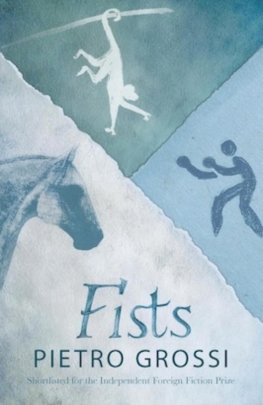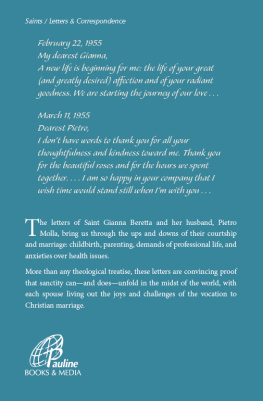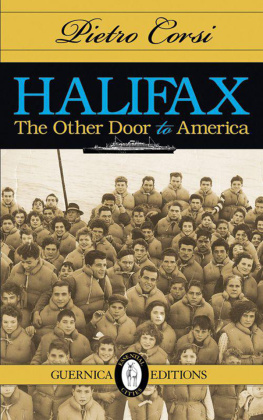This edition is published by PICKLE PARTNERS PUBLISHINGwww.picklepartnerspublishing.com
To join our mailing list for new titles or for issues with our books picklepublishing@gmail.com
Or on Facebook
Text originally published in 1948 under the same title.
Pickle Partners Publishing 2015, all rights reserved. No part of this publication may be reproduced, stored in a retrieval system or transmitted by any means, electrical, mechanical or otherwise without the written permission of the copyright holder.
Publishers Note
Although in most cases we have retained the Authors original spelling and grammar to authentically reproduce the work of the Author and the original intent of such material, some additional notes and clarifications have been added for the modern readers benefit.
We have also made every effort to include all maps and illustrations of the original edition the limitations of formatting do not allow of including larger maps, we will upload as many of these maps as possible.
ITALY IN THE SECOND WORLD WAR: MEMORIES AND DOCUMENTS
BY
PIETRO BADOGLIO
Translated by
MURIEL CURREY
CHAPTER I1939
In April 1939 Mussolini sent a memorandum in his own handwriting to Hitler. Copies of this memorandum were forwarded to the King and to me. Mussolini declared that in his opinion a war would inevitably break out within a very short time between the rich and the poor nations, between those with a high birth-rate and those with a shrinking population, between those with large supplies of raw materials and those which were markedly deficient in raw materials. The Peace of Versailles, instead of remedying the situation, had greatly aggravated it; there was not, in his view, the slightest hope that a just solution would be arrived at by any conference. The outcome was inevitable and menacingthe choice was between fighting and dying of suffocation.
The preparation for this struggle, added Mussolini, must be far-reaching and thorough. As a result of the Ethiopian campaign and the continuing need for the suppression of revolts in that country, as well as her outstanding contribution in the Spanish civil war, Italy would need some years to complete her military preparations. He declared that neither the country nor the armed forces would be ready before 1943 to face what he believed would be a long and bitter struggle.
To these very grave statements he added another, which was absolutely puerile. He said that he had decided on the year 1943 so that the International Exhibition in Rome, which he had planned for 1942, could be held. He was counting on the large quantities of foreign currency, which visitors would bring into the country, to help to pay for the war. In an atmosphere as gloomy as that of 1939 the success of such an Exhibition was very improbable; so it was ridiculous to think that the profits could make a substantial contribution to the finances of the country and so enable her to pay for a long war.
This memorandum made a very painful impression on me. What was the motive which inspired such a document? Certainly it was not the pressure of public opinion. After the conquest of Ethiopia the people did not feel themselves to be threatened by suffocation, nor was it necessary as a posthumous revenge for the wrongs suffered at Versailles. For good or ill Mussolini had himself settled the outstanding questions by means of successive treaties with England and France.
My explanation cannot be proved by mathematical formulae, but it is consonant with the facts, and I have no hesitation in expressing my personal conviction because I believe it approximates to the truth.
During their first meeting at Venice, Hitler did not make a good impression on Mussolini; he talked without stopping for an hour, repeating in different words all the arguments from Mein Kampf, and only allowing Mussolini a few minutes in which to reply. Mussolini himself told me, when he got back to Rome, that Hitler was simply a gramophone with seven records, and that when he had played them all he began again at the beginning. He said the same thing to everyone who had accompanied him to the interview and the catchword was repeated with admiration all over Rome by his incense-bearers.
Privately, Mussolinis overweening belief in his own genius had led him to believe that in any future collaboration between the two dictators he would play the leading part, because of his intellectual superiority. And this conviction was shown publicly during his visit to Germany in 1937, when his bearing was that of a god descended from Olympus to shed the light of his countenance upon the people. But little by little the chatterer, the gramophone with seven records, although continuing to talk, began to act. He occupied the demilitarized zone of the Rhineland, he armed numerous divisions, he created an enormous air force, and finally he seized Austria, the Sudetenland, and Czechoslovakia. Mussolini had to reassert his rightful position, to make Hitler understand that only the Italian Dictator had the ability and the prestige to direct affairs.
This was the motive which inspired his memorandum; it seemed to ignore any inconvenient facts, while facing the future with confidence and laying down the lines to be followed.
I am not claiming supernatural power of intuitionMussolini had an overwhelming pride and believed himself to be immeasurably superior to the rest of mankind. I will give one example of this belief. In 1925 or 1926 he sent out an excellent circular on the powers and duties of the prefects. It remained a dead letter. When I asked him if he had drafted it, he replied with some annoyance: Who else would have had the brains?
As far as I know, Hitler never answered the memorandum. When I received it I went to see Mussolini to explain my views. For five years the Army had had an excellent Minister for War, General Gazzera; he was inclined to be harsh but he was upright, conscientious, very far-sighted, and experienced. But despite all these qualities he was dismissed from office because he had never yielded to pressure from the Fascist Party, and the portfolio was taken over by Mussolini. This, however, was a mere formality, the real power was in the hands of the Under-Secretary. Successive holders of this post were Baistrocchi {1} and Pariani and their methods had disastrous results. The first, entirely regardless of all regulations, introduced politics into the Army and laid down that promotion was to depend on loyalty to the Fascist Party. Pariani, a man of lively but undisciplined intelligence, threw the whole organization of the Army into confusion.
The training of the Air Force under the Under-Secretary, General Valle, {2} was more showy than practical, and when General Pricolo succeeded he found after a careful inquiry that of the 3,000 planes claimed by Valle only 1,200 existed, and of these at least 200 were out of date.












